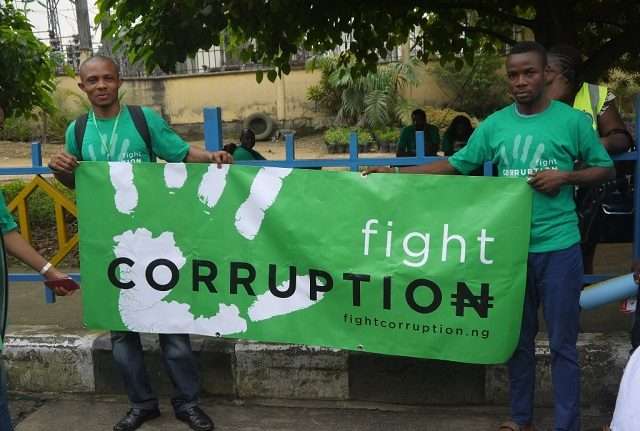Anti-graft Agency Says Socio-economic Challenges Responsible For Corruption
The Chairman, Kano State Public Complaints and Anti-corruption Commission, Mr Muhuyi Magaji, has attributed socio-economic challenges in the country to corruption.
He said most of the problems confronting the country could be traced to corruption which had eaten deep into the psyche of the society.
He appealed to governments to address the socioeconomic problems and poverty confronting the nation to curb corruption.
The anti-graft agency boss said unless and until the society realises the dangers being posed by corruption in the country, its development may remain retarded.
“Nigeria will never progress or develop if we allow corruption to continue to thrive in the country,“ he said.
Magaji, therefore, called on the people of Kano state in particular and Nigerians, in general, to complement government effort in the fight against corruption.
He said the symposium was organised to enlighten the public, especially those with the wrong notion that the commission lacked powers to investigate corrupt practices of individuals in the state.
He explained that even though the commission had limitations, it had the power to receive and investigate any allegation of corrupt practices against any person.
Magaji said the commission refers investigated matters to the Attorney-General of the state for necessary action.
He added that Section 16 of the law of the commission, however, limits its functions as it could not investigate matters that were pending before the State House of Assembly.
He added that the commission by law, could not also investigate matters that were pending before any Court of law.
Magaji said that though the commission was working under tensed environment, it would not be deterred from doing the right thing as long as he remained in charge.
Participants at the symposium were drawn from the Civil Society Organisations (CSOs), the media and staff of the commission from the 44 Local Government Areas of the state.
In her opening remark, Hajiya Rabi Ibrahim-Waya, the Secretary/Legal Adviser of the commission, urged the participants to be committed to the fight against corruption.
She also enjoined the staff and other stakeholders, most especially civil society organisations, to support the activities of the agency in combating corruption and addressing public grievances.





